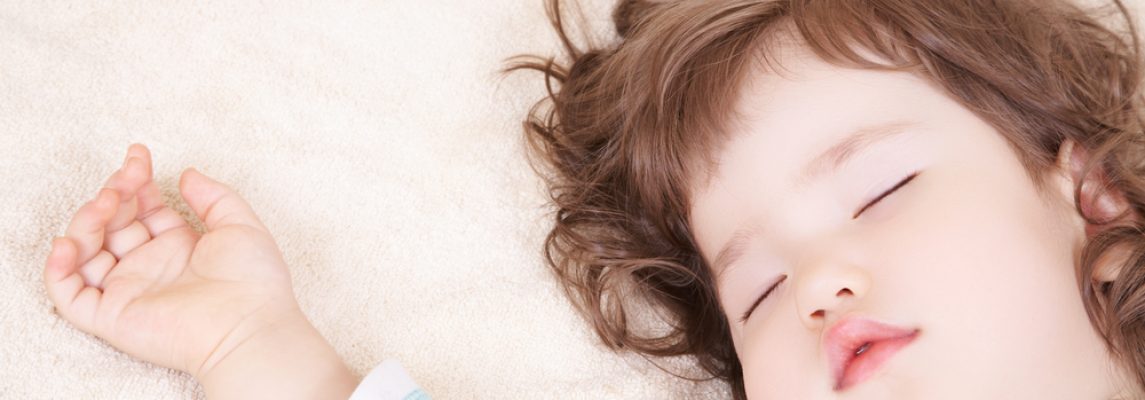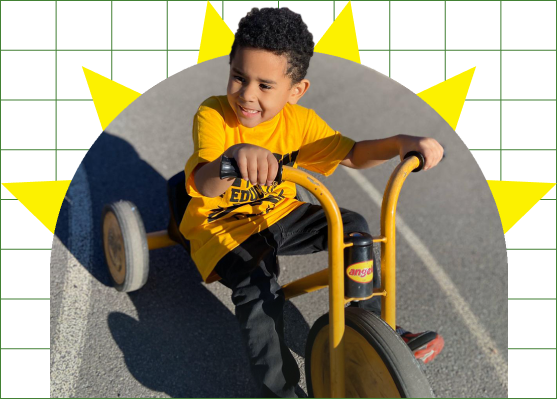There is nothing more beneficial to the human mind than a good night’s rest. As adults, we need just eight hours of continuous sleep to feel our best the next day, but our kids often need a lot more. Despite the late-night stalling and seemingly boundless energy, children need a great deal more sleep than adults to feel their best.
A newborn baby might need as much as 16 hours of sleep for the first 3 months of life, while your preschooler still needs a hefty 10-13 hours of sleep a day.
Why do children need so much sleep?
The early years are a time of incredible growth. A lot of that growing is done when your child is asleep. A newborn sleeps more than half their time because they are growing so quickly. Children who don’t get enough sleep often struggle with mood, and it can even harm their ability to learn.
For young children, sleep is every bit as important as nutrition or exercise for a healthy mind and body.
How to help promote healthy sleep habits
As most exhausted parents know, getting a child to sleep isn’t always an easy task. Children never seem to want to go to bed, and always seem to have just one more reason to delay bedtime. Here are a few tricks to help make sleeping smoother:
- Create a bedtime routine
Your child should have a solid bedtime routine to help wind them down. This might include a warm bath, getting teeth brushed, a bedtime story, and soothing white noise. The ideal bedtime routine should take no more than 40 minutes including the bath.
- Make the room comfortable
It’s hard to sleep in a room that is too hot or cold. Make sure your child’s room meets all their needs for a comfortable night’s rest. Adjusting the light, temperature, and white noise can all make a difference in how well your child sleeps.
- Cut the screen time
Screens give off a type of light that cuts through melatonin, a hormone produced to help your child’s body prepare for sleep. If your child has screen time before bed it may cause them to have trouble falling asleep, or to wake up during the night.
Instead of screen time, give in to reading them that one last book. Reading to your child can have a profound impact on their ability to learn later, and the paper book won’t cause any problems with your child going to sleep. Ordinary white light from a lamp, especially if its dimmed, won’t cause the same issues as the bright blue light from a screen.
Sleep is critical to your child’s health and development. It’s important to take steps to make sure they are getting the appropriate amount of sleep for their age, and that the sleep is good quality. Children who don’t get enough sleep may act out during daytime hours, be unable to learn as effectively, and may even become obese.
Helping your child sleep can help them stay healthy on multiple different levels.


